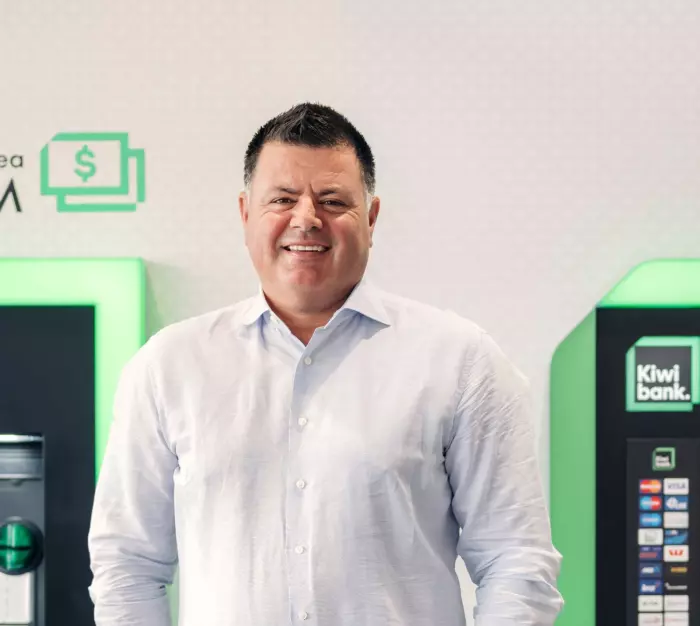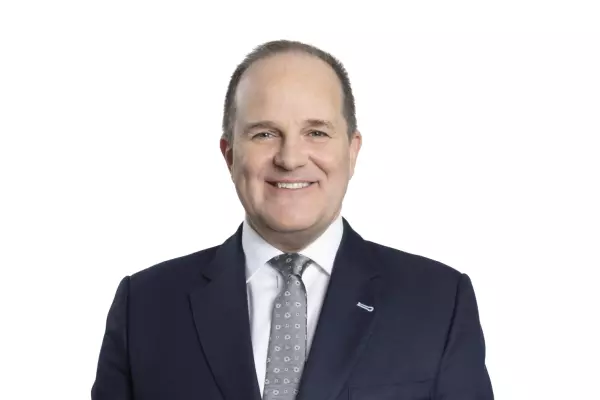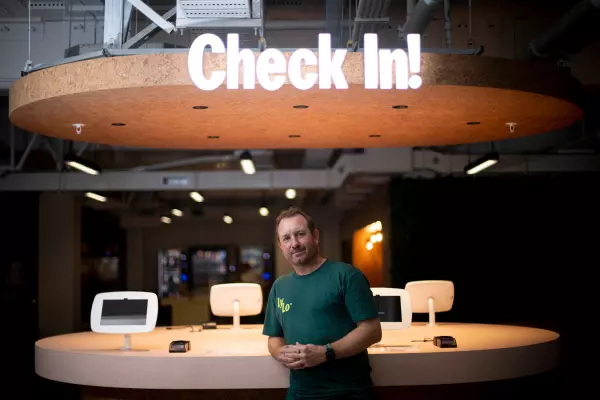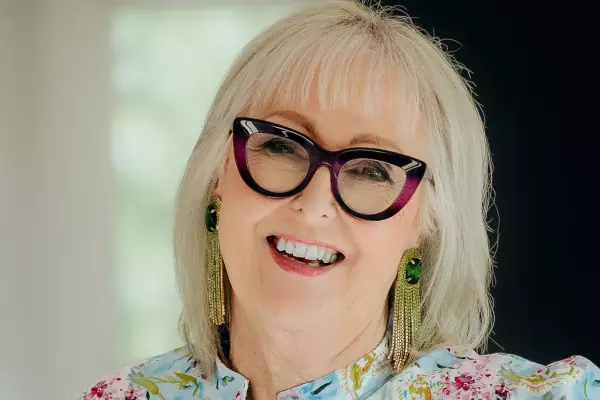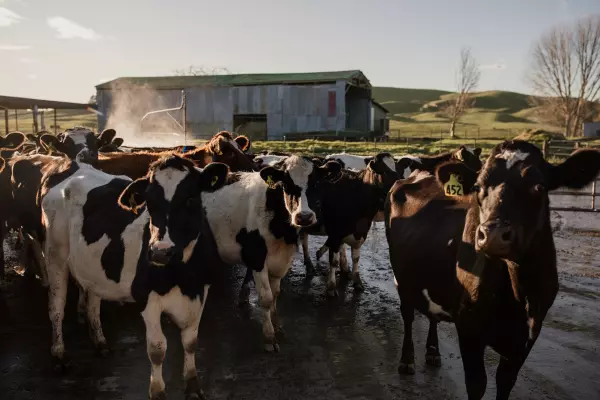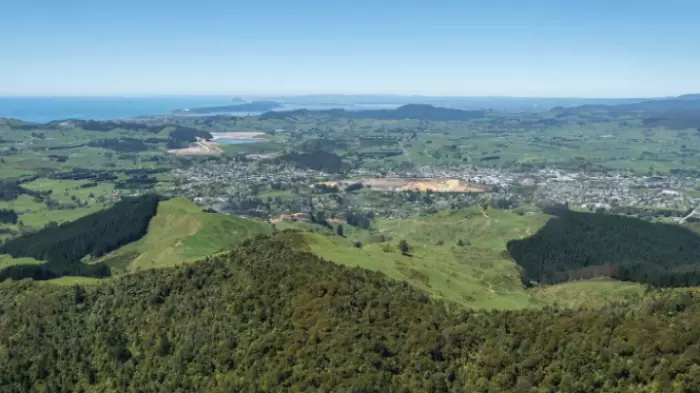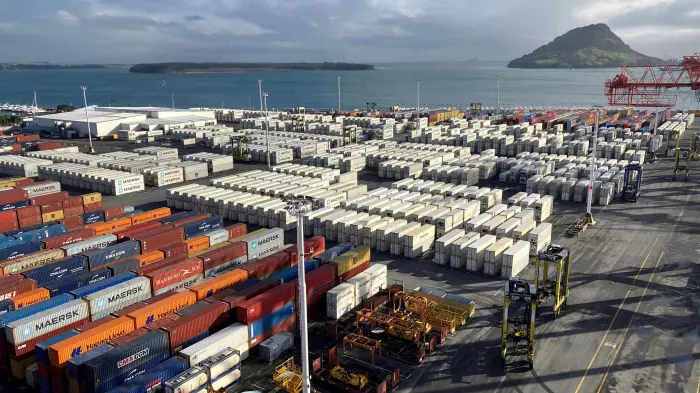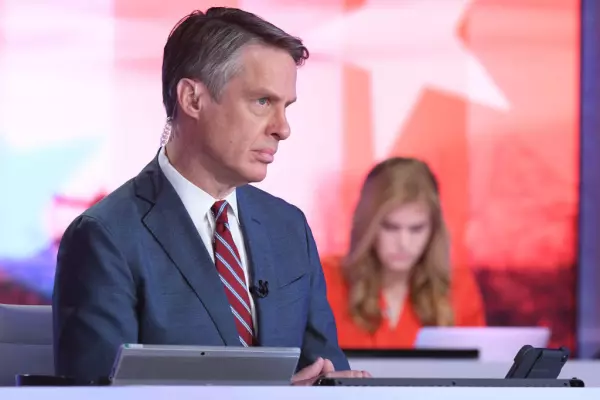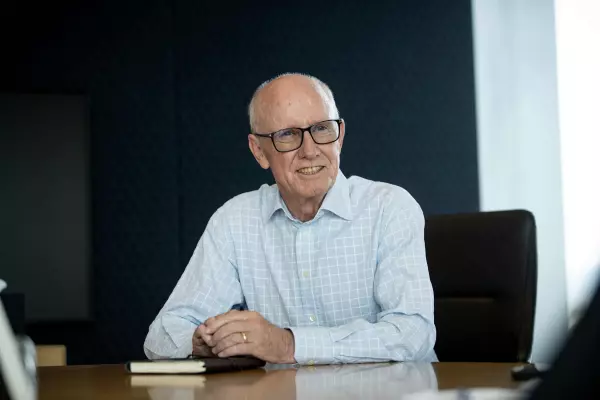Victoria Carter speaks to Kiwibank chief executive Steve Jurkovich about failure and what he has learnt.
I am disappointed when ... I don’t back my instincts and follow them when I am faced with a dilemma. I often wonder if I have chosen a pretty safe route at each major career move.
I understand why I did it rationally and, to be honest, I would probably still choose the safer route I chose, but I do ask myself, should I have given it a go? Should I have backed my instincts more?
I look back at the various times when I had amazing opportunities to be involved in startups. I like to think I had some of the attributes to help make them succeed. I deeply believed in the founders, but I have always chosen the safer route.
I know why I decided the way I did. I had watched my mum as a solo mother really struggle to make ends meet for us and I was about to start my own family. I didn’t want to take that sort of risk.
Others see the safe route as the risk they won’t take because they will miss the opportunity. I guess it shows that opportunity, realism and disappointment can co-exist.
I think Aotearoa has a real issue with ... the concept of the value of failure. When I was studying, I was lucky enough to be at a small Silicon Valley dinner with a large venture capitalist. He spoke about a massive failure he had invested in. He said the founder had called him up to explain the “failure” and say that the business was bust. The founder said the business had grown too fast, run out of money and it had failed.
His question back to the founder, despite having just lost $50 million of his investment was, “Well, what are we going to do next? The money is lost but you’ve learned so much, how do we put all that experience to good use.”
We know a certain number of businesses will fail, but if we are learning and growing all the time, then failing isn’t necessarily a loss. It might be the critical step to success. They say “experience is what you get just after you need it”.
My most embarrassing moment was ... in 1999 when I was at a business gathering, when I was at ASB. I was lucky enough to get a moment, one to one, with the then CEO, Hugh Burrett, who was a great and energised leader. I’d been working on an idea on how we could do some innovation within the organisation.
The main idea centred on ‘intrapreneurship’, which is basically running an innovation hub that creates a contest for internal ideas. I pitched it and to my absolute surprise Hugh liked it. He said, let's do it asap, and asked how much I needed to get it flying. I said $100k (which at the time seemed a lot) and he said “let’s get on with it”.
I got a few people together and soon realised it would be $300k to 400k. I was mortified and embarrassed that I hadn’t done the work to properly cost it, that I had to ask for more money before we started and, of course, I had to admit I had been very wrong. I massively underestimated what it would take. It was great learning for me – enthusiasm overtook my skill level!
Long story short, he still backed it and it worked (phew).
I do know ... there is more than one right way and more than one truth. Being curious about those other truths and perspectives always works out well. There are so many versions of the truth in the world. The way we see the world creates a picture of that truth and what our version of right is. Our view of the world, what’s right and what is the right direction, has to be more flexible than we realise.
My kids have taught me ... that being in the moment, focused on my daughters is far more important than just being around. Same applies at work, too. A few minutes of being really present with an individual and not distracted makes a huge difference.
When a crisis happens, the first thing I do is ... think about my bias and preferences. I try to stocktake, to reflect – what is the problem we are really trying to fix? Have I got the best people on the job? Have I given them clarity and the tools to make the best decisions? For example, when we were managing covid, I knew I liked being in the workplace, but I had to consider how that view might impact on other people who didn’t want to be in the office. I think in a crisis it’s critical each person brings their superpower to the solutions.
Some people thrive and lift in these situations, their energy increases with ambiguity. Other people need time to reflect so it’s good to give them space and, if you can, say “Come back to me in an hour.” You need to know your team’s superpowers and develop them well before a crisis.
A piece of good advice that’s always stuck with me is ... “Are you seeking to understand or to be understood?” Sometimes we focus too much on wanting to be understood rather than whether we have got a really good conversation happening.


